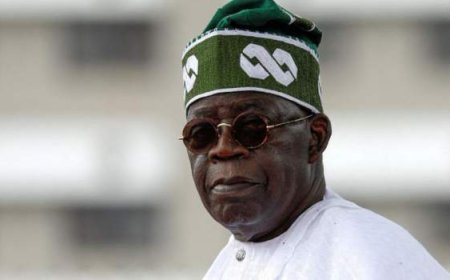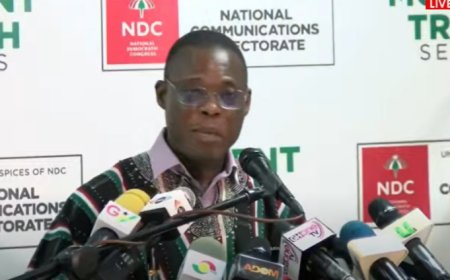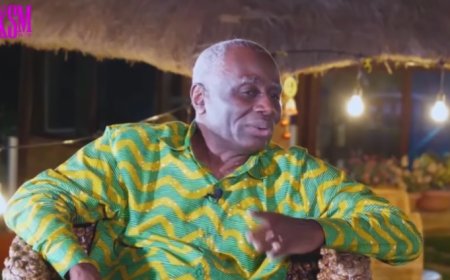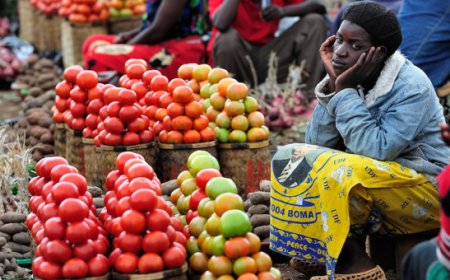Former GRIDCo CEO Advocates for Renewable Energy to Mitigate Ghana’s Energy Sector Debts
Jonathan Baah, ex-CEO of Ghana Grid Company, suggests diversifying Ghana's energy mix to include more renewable sources to address the nation's energy sector debts.
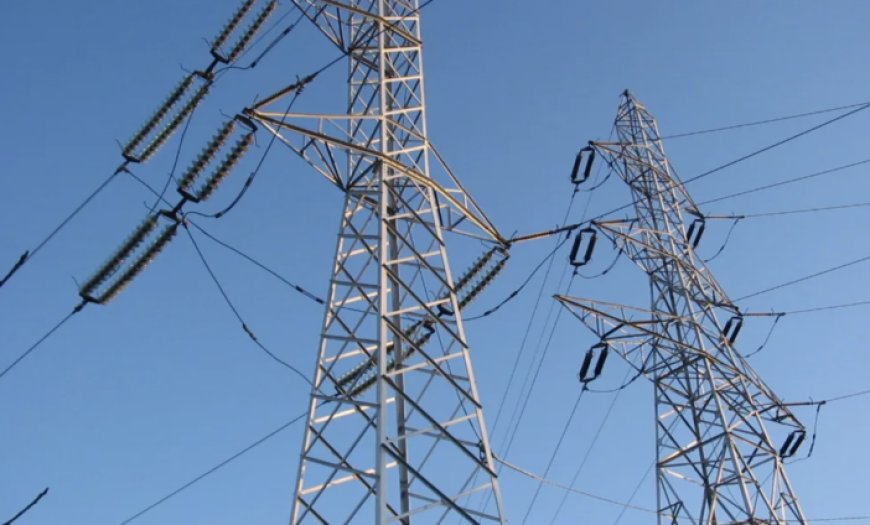
Jonathan Baah, a former Chief Executive Officer of the Ghana Grid Company (GRIDCo), has highlighted the importance of diversifying Ghana’s energy sources as a solution to the country’s mounting energy sector debts.
Baah emphasized that integrating more renewable energy sources into Ghana’s energy mix, in contrast to the predominantly thermal sources, could significantly lower the cost of power generation—a key contributor to energy sector debt.
“Diversifying our energy mix to include more renewable energy sources such as solar, wind, and hydro can reduce reliance on expensive thermal power and enhance energy security. Investments in renewable energy should be accompanied by incentives and policies that can encourage private sector participation in generating electricity for the country,” Baah stated.
Currently, thermal generation constitutes the largest portion of Ghana’s power generation, accounting for 66 percent, primarily fueled by natural gas and occasionally by light crude oil and diesel. Hydro power represents 33 percent of the energy mix.
Baah’s remarks were made during a training session organized by Energy News Africa to educate journalists on the operations of key players in the energy sector value chain. Facilitators from various departments and agencies in the energy sector also participated, providing insights into their responsibilities and challenges.
He pointed out that delayed payments from government institutions and the high costs associated with power production further exacerbate the energy sector’s debt issues. Baah suggested that implementing cost-reflective tariffs and establishing an effective payment schedule with power generators could address these challenges, although he acknowledged potential political resistance to such measures.
Edward Bawa, a member of the Energy Committee in parliament, highlighted that the power sector is currently burdened with a $1.5 billion debt that the government struggles to repay.
Baah also noted that technical losses, particularly through distribution inefficiencies by the Electricity Company of Ghana, contribute significantly to the sector’s debt. He attributed these losses to outdated and inefficient infrastructure, much of which dates back to the 1960s.
To address these issues, Baah recommended strategic reforms and investments aimed at upgrading infrastructure, improving billing and metering systems, and minimizing technical and distribution losses. He stressed that effective management of the energy sector requires robust government structures, including a transparent regulatory framework and accountability mechanisms.
Baah’s call for diversifying Ghana’s energy mix underscores the critical need for a sustainable and financially viable approach to tackling the country’s energy sector challenges.
All rights reserved. This material, and other digital content on this website, may not be reproduced, published, broadcast, rewritten or redistributed in whole or in part without prior express written permission from TOP KNOWLEDGE MEDIA.
Contact: toppknowledgemedia@gmail.com
Stay informed and ahead of the curve! Follow The TOP KNOWLEDGE MEDIA on WhatsApp for real-time updates, breaking news, and exclusive content. Don't miss a headline – join now!
Join Top Knowledge Media Channel:
https://whatsapp.com/channel/0029VaEUCpP4NVigCMWy8J22
What's Your Reaction?








